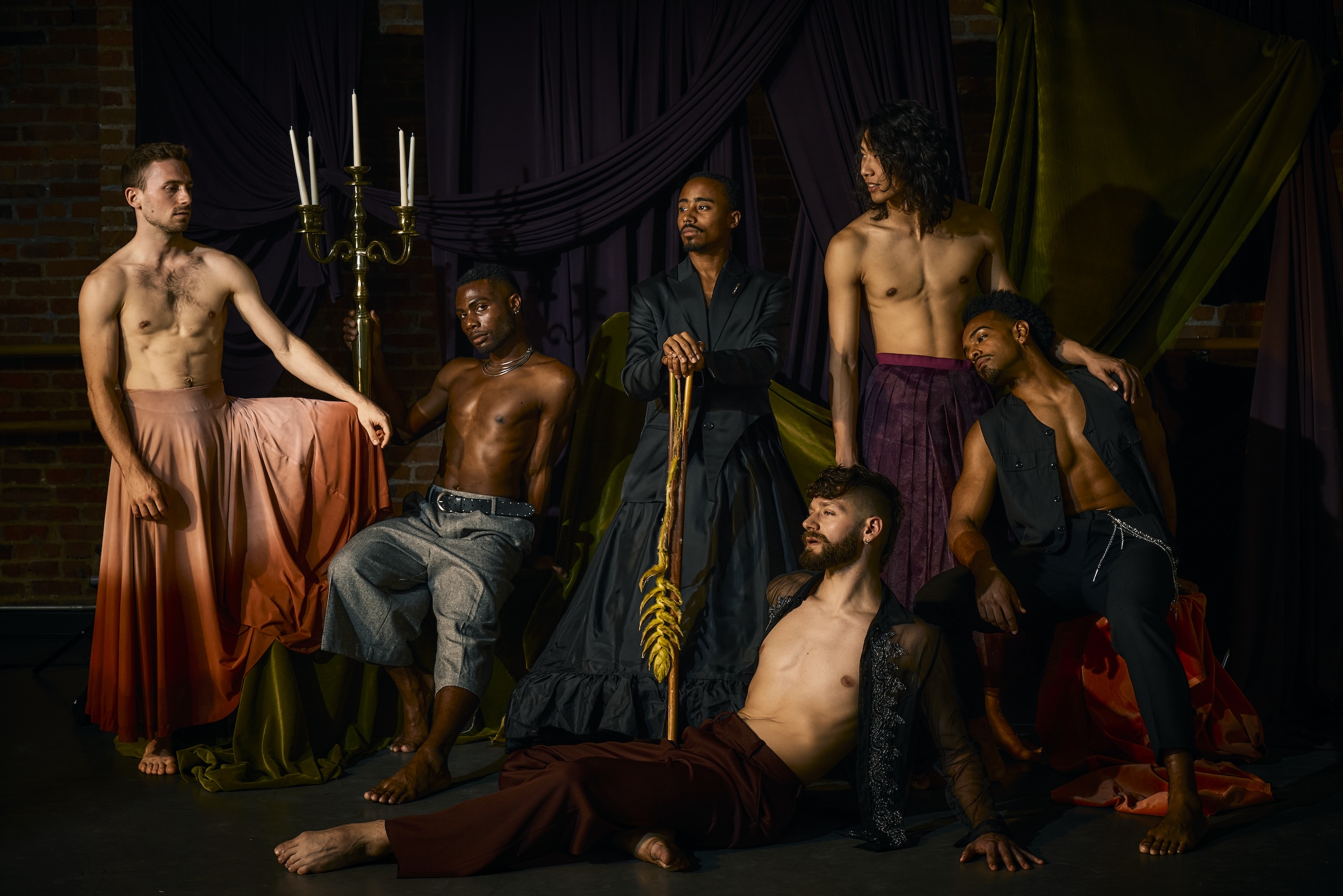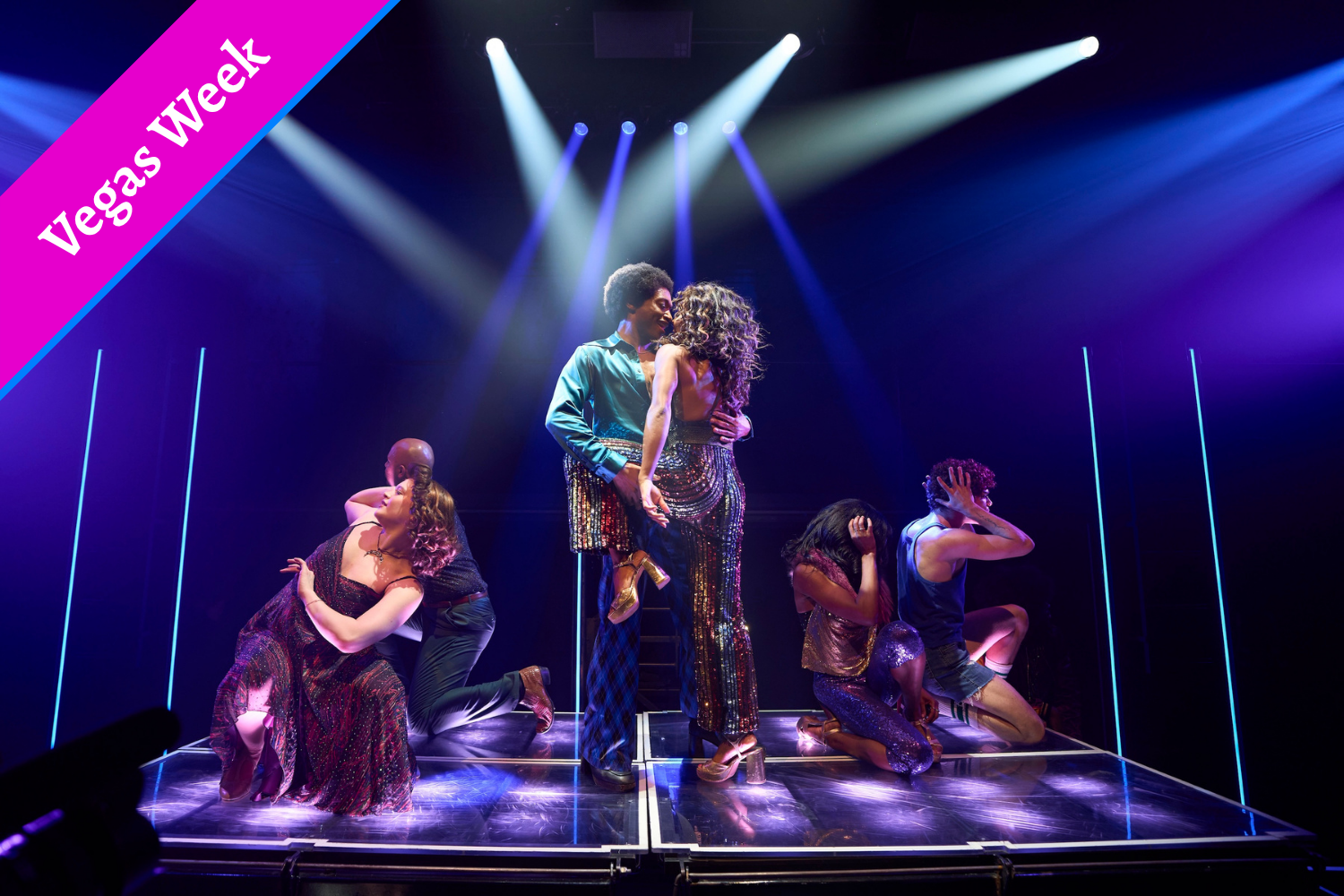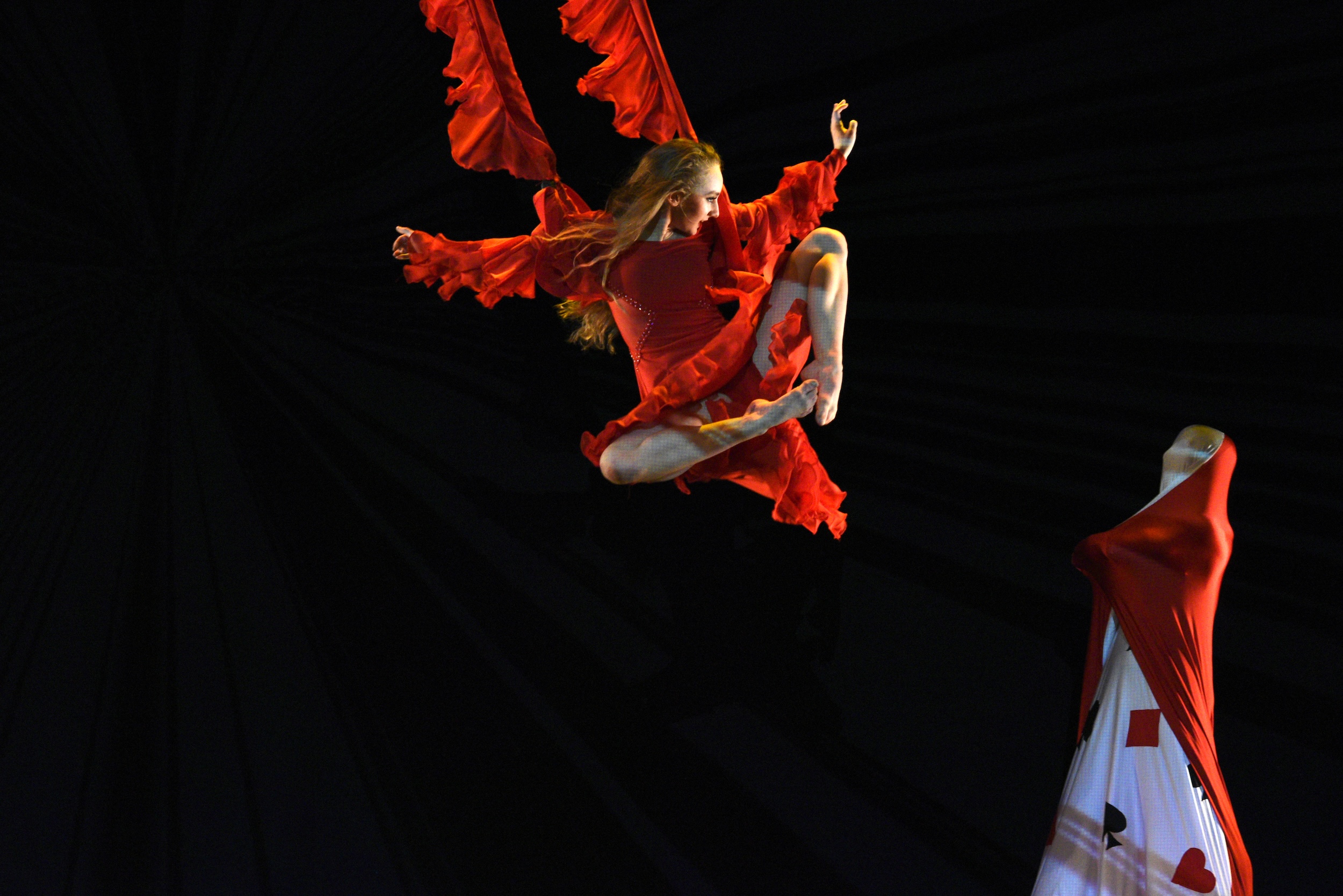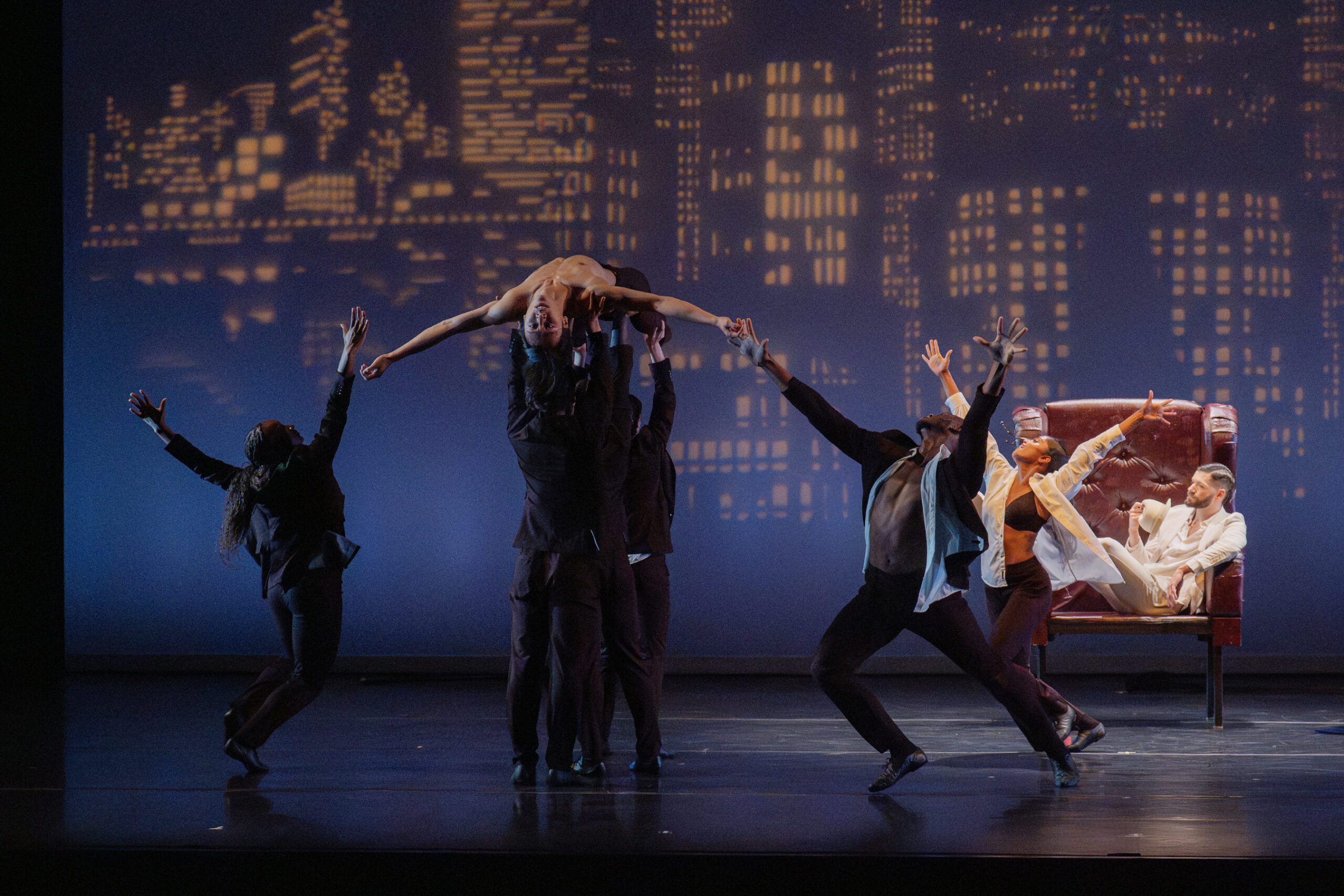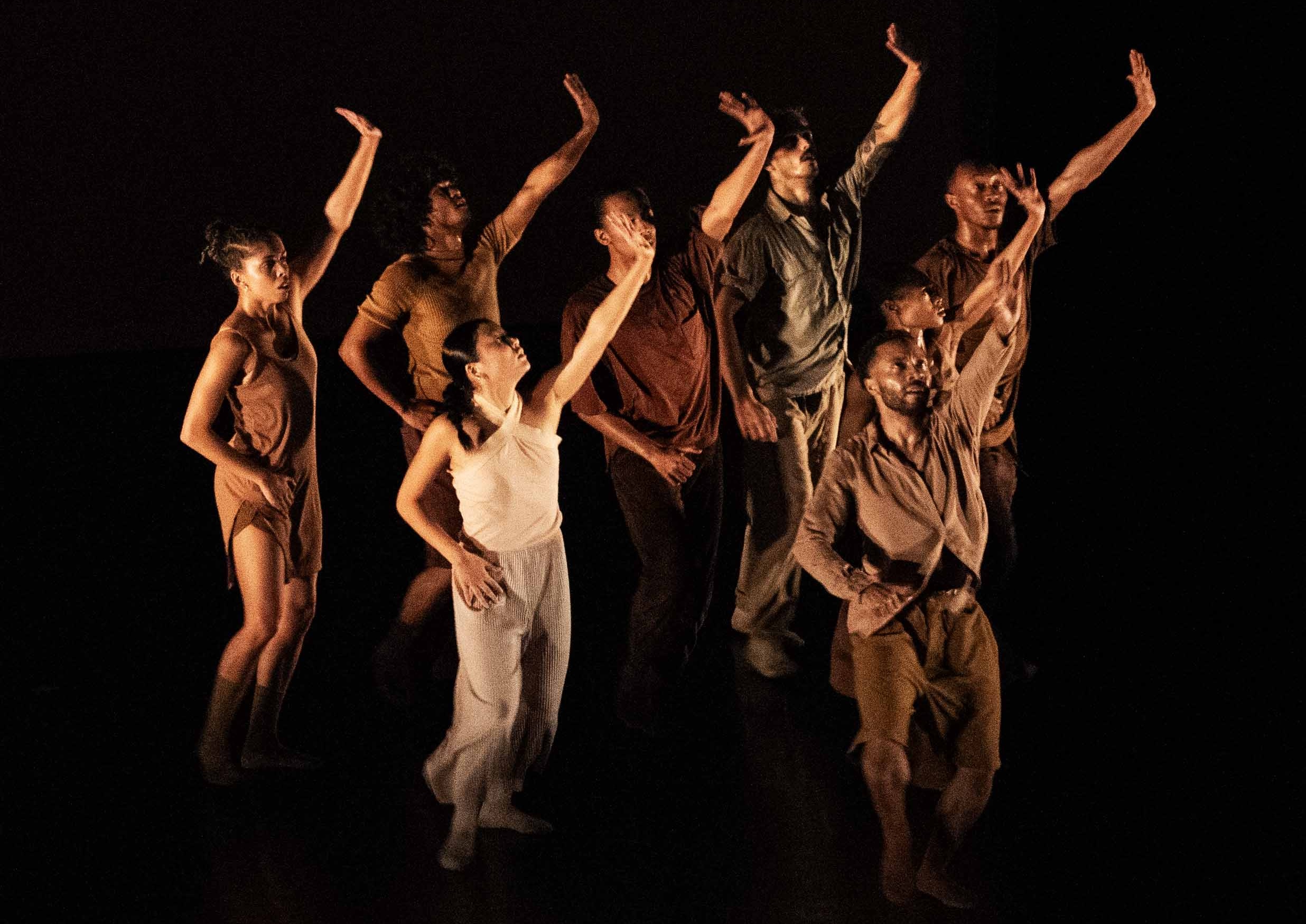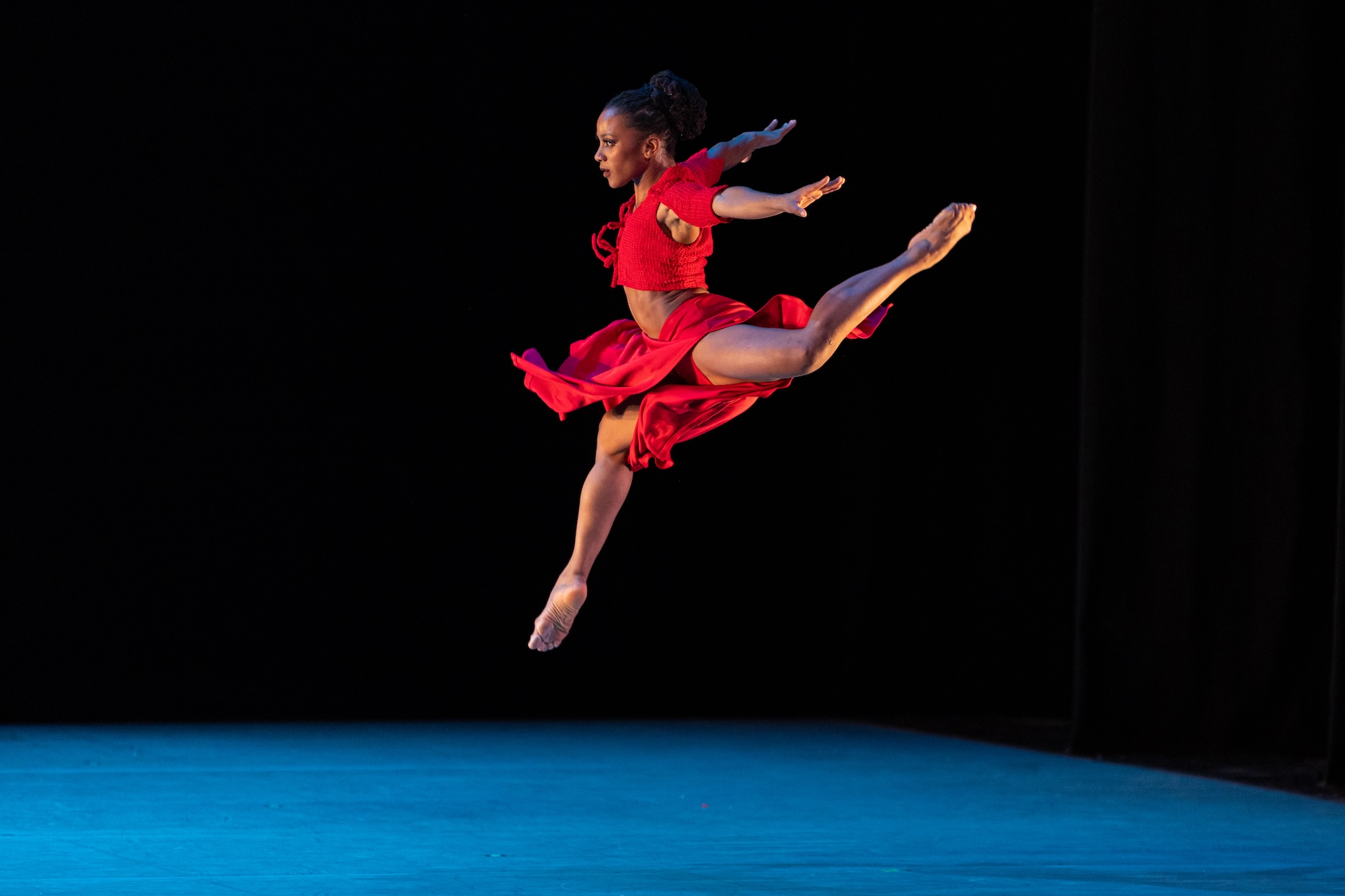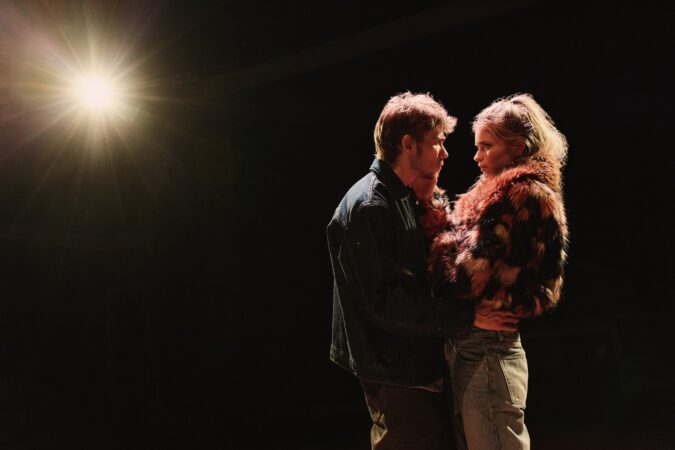While most dance companies celebrate milestones with familiar retrospectives, the Limón Dance Company is reimagining its own legacy. This 80th anniversary program at New York City’s Joyce Theater transforms three works spanning eight decades to ask uncomfortable questions about masculinity, power, and what happens when a present-day queer Mexican choreographer finds inspiration in your founder’s sacred material.

It wants better content.
The evening kicks off with “Chaconne,” Limón’s 1942 solo expanded into a multigenerational showcase. Expect company veterans dancing alongside current members to Bach’s violin (performed live), creating what sounds like a moving meditation on artistic inheritance.
“The Emperor Jones” (adapted from Eugene O’Neill’s play) gets its first mixed-gender reconstruction ever, with Dante Puleio’s reconstruction promising to excavate the queer subtexts buried in O’Neill’s psychological thriller. If successful, this could transform a 1956 period piece into something that speaks directly to 2025 audiences about power, vulnerability, and toxic masculinity.
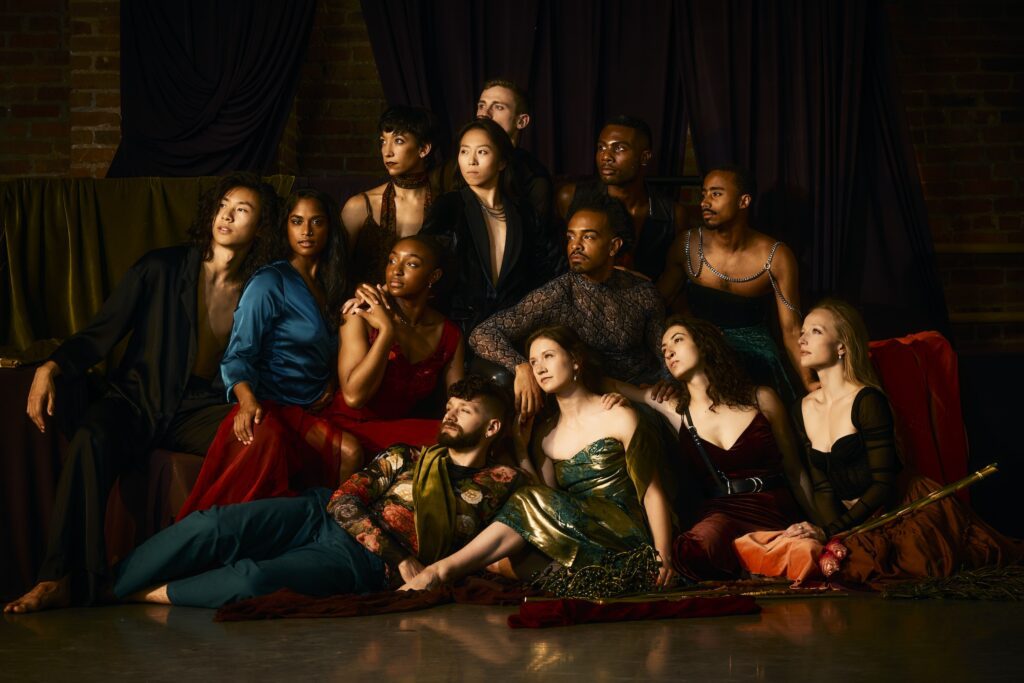
The wild card? “Jamelgos,” a world premiere by Mexican choreographer Diego Vega Solorza. Like Limón, Solorza hails from Sinaloa and shares his predecessor’s fascination with deconstructing masculine identity. His “dance manifesto” aims to dismantle traditional gender roles while conjuring “a hopeful future.” Bold words—can he deliver? Composer Ebe Oke’s electronic-orchestral hybrid score promises to mirror the tension between traditional and modern identities that drives the piece.
The Limón Company’s programming strategy feels risky and smart: honor the founder’s revolutionary spirit by continuing to innovate. Will nostalgia blend seamlessly with transformation? Can three works spanning 80 years create a unified artistic vision? The Limón Company is betting that the best way to preserve a legacy is to keep evolving it.
The Limón Dance Company plays at the Joyce Theater, New York City, October 14-19.
